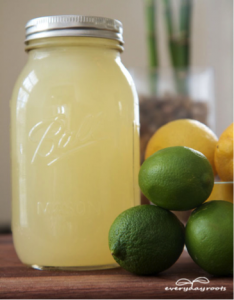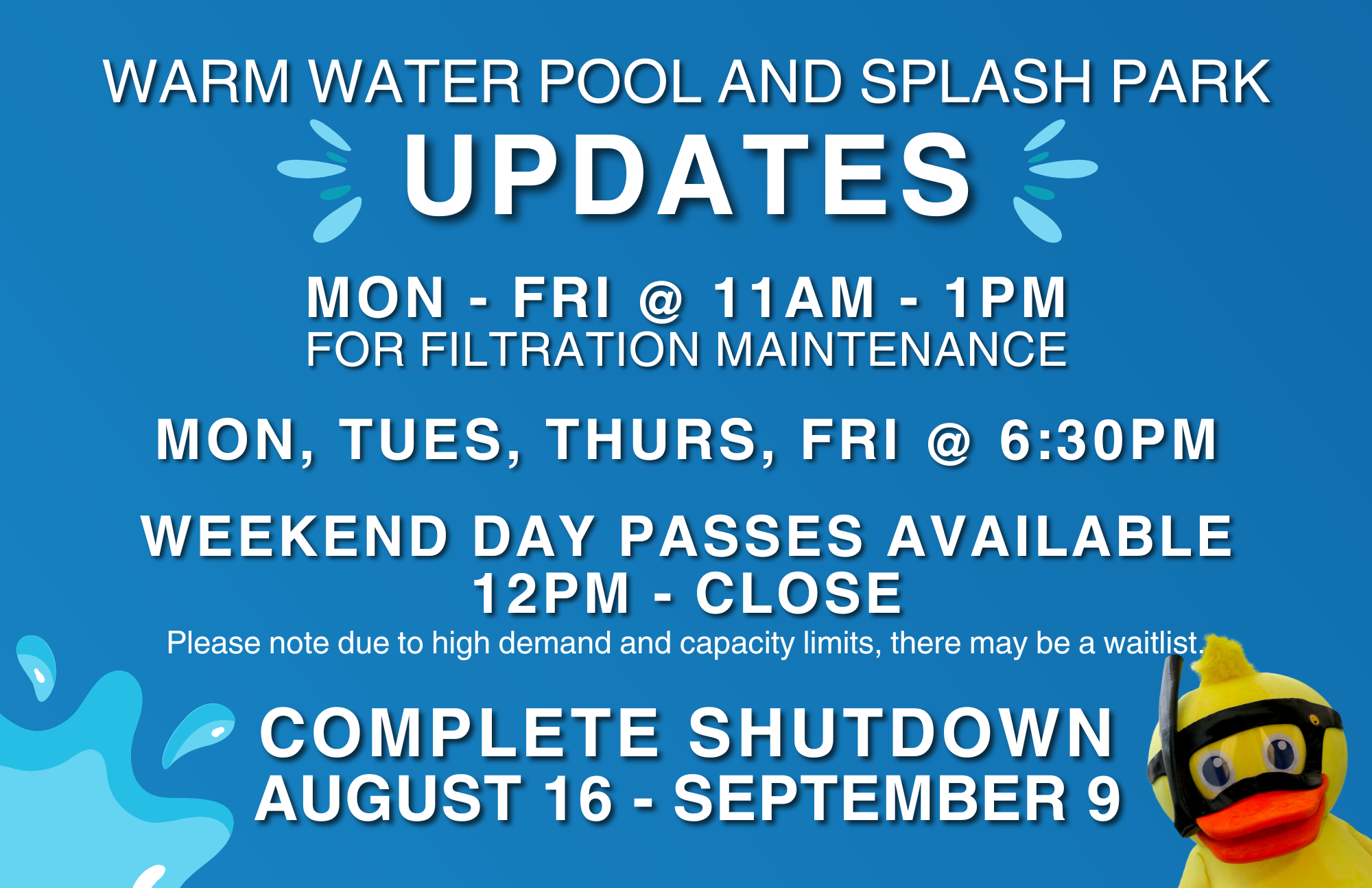Ever wonder why you are told to drink lots of fluids after a hard workout or a hot summer day? It’s because of the invaluable electrolytes they contain. Since the public is becoming more aware of healthy eating and living, that term might sound familiar. Athletes often throw around the word, electrolytes, as they are guzzling a large Gatorade. Despite being used so often, not many actually know what an electrolyte is, and what it does for the body. The Oxford dictionary states that electrolytes are “the ionized constituents of a living cell, blood, or other organic matter” (“Oxford”, 2017). In simpler terms, electrolytes are minerals that can conduct an electrical current. They help with the body’s fluid balance, nerve transmission, acid-base balance, and muscle contraction. As you can imagine, these functions are all quite important! The electrolytes are sodium, potassium, chloride, calcium, magnesium, and phosphorous. All important micro-nutrients, these can found in a variety of foods and drinks.
Like any nutrient, electrolyte levels can fluctuate. This most commonly happens when you are dehydrated or over-hydrated. If you have not consumed enough electrolyte containing fluids, or have excessively exerted yourself during some activity or sport, dehydration may occur and your electrolyte levels will most likely need to be replenished. If you have consumed excess water, you will experience over-hydration. Sodium levels in particular, will decrease during over-hydration. Having both low and high levels of electrolytes can be dangerous for a variety of reasons. For example, high calcium levels might contribute to hyperthyroidism, and low potassium levels may cause severe diarrhea and vomiting. There must be a balance created within the body for everything to work optimally.
Attend any sporting event or go to any gym, and you will most likely find sports drinks such as Gatorade and Powerade everywhere. Athletes need to replenish their depleted nutrient stores, including carbohydrates, proteins, and electrolytes. The go-to for electrolyte replenishment for many is most often the aforementioned flavored beverages. While they do contain the electrolytes and carbohydrates your body needs, they contain unwanted added refined sugars. After exercising, it is important to replenish your carbohydrate stores, but there are better, more natural ways to do it. The added sugars in Gatorade will spike your blood sugar and can contribute to the development of some chronic diseases such as obesity, and tooth decay. Not to mention, the added calories from the sweetened electrolyte beverages are not always necessary, especially since many people drink them on a daily basis as opposed to times when their electrolytes actually need replenishing. Drinks such as these often have artificial dyes in them as well. The studies on these dyes are inconclusive, but until there is solid evidence that they are not harmful, I would stay away. There are countless recipes for electrolyte drinks for the health-conscious athlete that do not include the excessive sugar, and artificial chemicals that Gatorade (or any other “typical” sports drink) contains.
Below I have included a recipe for a homemade sports drink that has all the benefits of Gatorade, without the guilt:
- 3 cups water
- 1 cup orange juice
- ½ cup lemon juice
- 3 Tbsp honey
- ½ tsp salt
Blend ingredients together and enjoy chilled or over ice. (“Well-Good” 2015)
As you can see, this recipe contains some beneficial carbohydrates and electrolytes despite containing only natural ingredients. However, you do not need to make designated electrolyte drinks all the time. Many foods and beverages naturally contain electrolytes, so they can be an easy snack or part of a meal. A few are listed below:
- table salt
- sauerkraut
- dark leafy greens
- fruits
- nuts
- milk products
- vegetables (“Livestrong” 2013)
Electrolytes are everywhere. Athletes and people who might be dehydrated or over-hydrated should be conscious of consuming the right amount of electrolytes, but otherwise, the majority of people are most likely getting enough. Unless symptoms are showing, your electrolyte levels are most likely fine, and the average person should have nothing to worry about. Athletes can easily prepare their own electrolyte rich beverage to consume after an intense workout or competition. Consuming enough electrolytes is crucial when achieving optimal performance, whether on the field or in the bleachers. Trust me, when you are hydrated properly and your electrolyte stores are full, you will notice a difference, and your body will thank you.
References:
Better than Gatorade: 5 recipes to make your own healthy sports drinks. (2016, January 26). Retrieved August 01, 2017, from https://www.wellandgood.com/good-food/better-than-gatorade-diy-healthy-sports-drink-recipes/
Electrolyte. (n.d.). Retrieved August 1, 2017, from https://en.oxforddictionaries.com/definition/electrolyte
Fong, R. B. (2013, October 21). Foods Containing Electrolytes. Retrieved August 01, 2017, from http://www.livestrong.com/article/113242-foods-containing-electrolytes/

